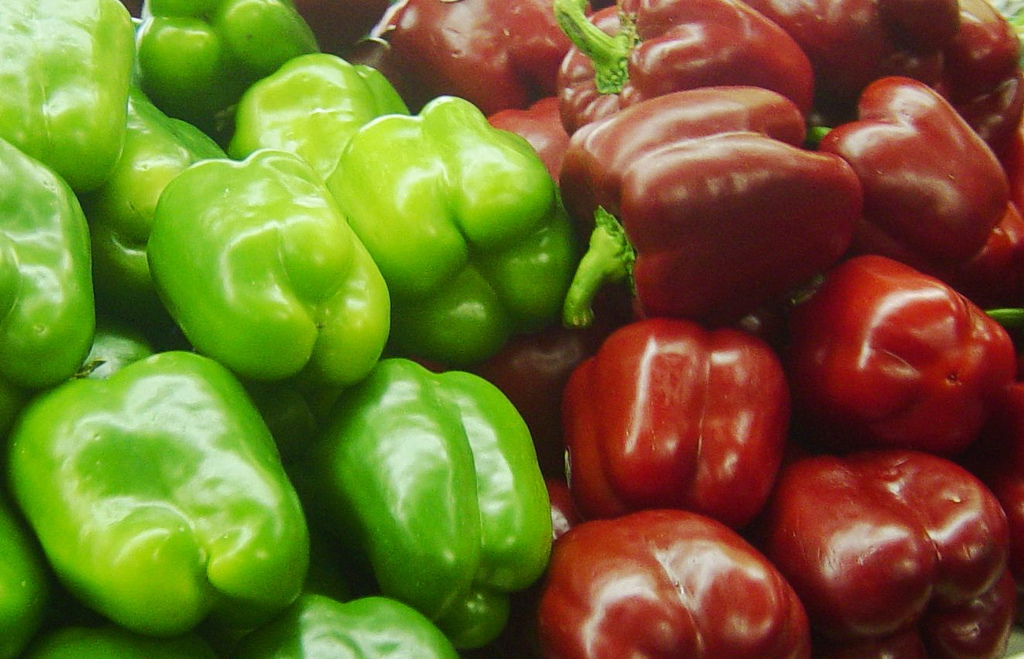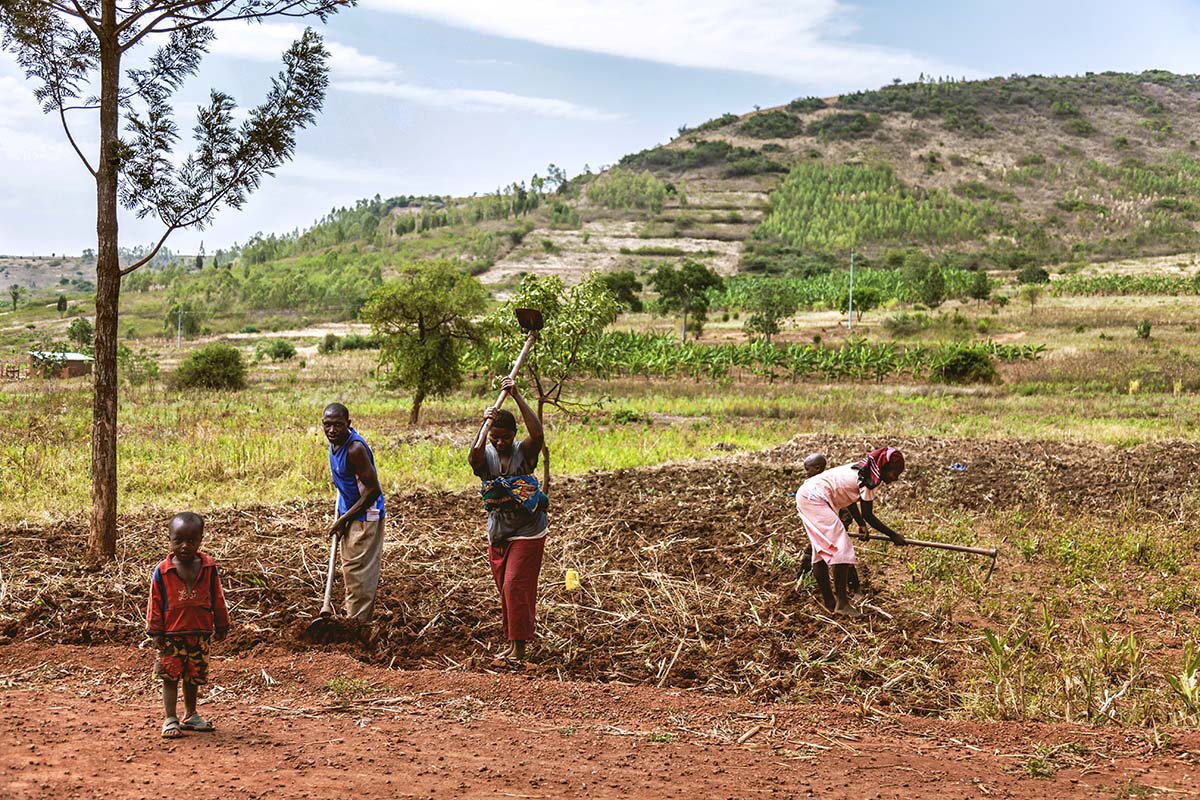“Resisting the adaptations for climate change”
February 25 Climate-smart agricultural practices are meeting resistance from some of the farmers most at risk to the negative impact of climate change, writes Jhannel Tomlinson, 24, a Correspondent from Kingston, Jamaica.
Climate-smart agricultural practices are meeting resistance from some of the farmers most at risk to the negative impact of climate change, writes Jhannel Tomlinson, 24, a Correspondent from Kingston, Jamaica.
Mr Jones, a vegetable farmer in the hills of Clarendon, Jamaica, is renowned for his succulent tomatoes, crispy lettuce and large peppers.
A farmer of 49 years, he credits his high-yielding crops to his routine, which involves visiting the farm to spray the plants with pesticides, apply fertilizers and till the soil to incorporate air. In recent times however, agricultural extensioners have warned him against the use of pesticides and have encouraged the use of mulching and applying organic fertilizers as climate-smart practices that promote adaptation in the face of climate change.
While Mr. Jones has indeed experienced greater climatic variability, especially in the rainy seasons, he recognises that changing his practices could possibly reduce his yields, making the value of his crops decline. His long years engaged in the practice further act as a deterrent to change, as he sees where he has endured varying disasters without the need for changing his routine.
“I have been farming for 49 years, endured over 20 droughts and resurfaced from nine tropical storms. I am not bothered by this climate change you people speak of, it’s only an act of God. Even so, if I was to change, my yields would decline and customers would buy from other people. Sorry, but I’m not changing a thing,“ Mr. Jones says.
Across the Jamaican landscape, many farmers like Mr. Jones are hesitant about innovations and “climate smart approaches”. These individuals, who are often the more mature and experienced males, have discredited these practices based on their own perceptions that they possess more knowledge of the environment than these “scientists” and “young extension officers” who were “born just yesterday”. It is perceived by some traditional farmers that the younger generation is not equipped to convey useful farming practices. For a young scientist who does not own a farm to tell an older, more experienced farmer what he is expected to do and to refrain from is often viewed as an insult to the farmer’s indigenous knowledge and expertise.
This opposition to change, however, stems from an underlying and more intrinsic feature of the farming system – that of egotism. This concept of ‘ego’ is an aspect of our culture that defines a man by the number of hectares of farmland owned, the quality of crops grown, ease with which crops are sold and the varying assets possessed. These all contribute to how a man is perceived by his community, as the greater the quality of produce, the better the price offered and consequently the greater the respect shown, strengthening his self-esteem. If a farmer thus sees where his “image” will be jeopardized by undertaking an activity that he considers counterproductive to his farm, he will opt to not use this practice, particularly if it’s not one he is familiar with. This resistance to change thus hinders the capacity for the development of effective on-farm strategies that would help extensioners and farmers alike to improve productivity and reduce risk.
With the mandate of countries today promoting the use of sustainable farming methods, Mr. Jones as well as other farmers may be at a heightened risk of exposure due to their direct reliance on the environment for their livelihoods and their reluctance to adopt alternate farming strategies.
In an attempt to address this, the Ministry of Agriculture in tandem with other institutions should work to create more farmer- inclusive methods to target these less receptive farmers. While current interventions have facilitated some success, more farmer-led methods need to be explored to create greater diffusion of climate related information and knowledge of best practices.
photo credit: Red and green peppers, Allentown Farmer’s Market via photopin (license)
………………………………………………………………………………………………………………
About me: I am an MPhil/PhD student whose thesis seeks to understand the prospects and challenges for the promotion of climate smart agriculture in Jamaica.
My general research interests include climate change with specific interests in dissemination of climate information, sustainable development, food security and youth development.
I have been involved in projects and organisations premised on the environment and its preservation. It is my goal to become a rural development professional.
………………………………………………………………………………………………………………
Opinions expressed in this article are those of the author and do not necessarily represent the views of the Commonwealth Youth Programme. Articles are published in a spirit of dialogue, respect and understanding. If you disagree, why not submit a response?
To learn more about becoming a Commonwealth Correspondent please visit: http://www.yourcommonwealth.org/submit-articles/commonwealthcorrespondents/
…………………………………………………………………………………………………………………




